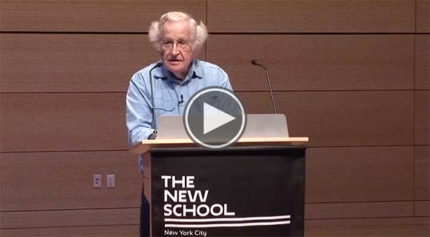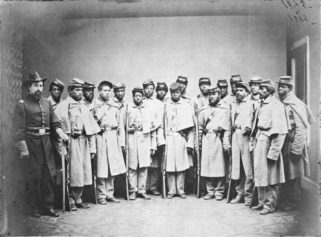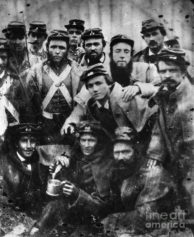
In a wide-ranging interview on Democracy Now, Chomsky explored the virulence of racism in America by referencing the work of the late historian George Fredrickson, who argued in his landmark 1981 book “White Supremacy: A Comparative Study in American and South African History” that the U.S. actually has a harsher racial past than South Africa.
“He concludes plausibly that white supremacy in the U.S. is even more extreme and savage than South Africa,” he said. “Think of our own history. Our economy, our wealth, our privilege relies very heavily on a century of horrifying slave labor camps. Cotton production was not just a fuel of the Industrial Revolution but was the basis of our financial system.”
Chomsky pointed to the recent book by Edward Baptist, “The Half Has Never Been Told: Slavery and the Making of American Capitalism,” which argues that the strength of the American financial system was made possible by increasing slave labor in the 1800s.
“He shows pretty convincingly that in the slave labor camps, ‘plantations’ we call them politely, productivity increased more rapidly than in industry,” Chomsky said, “with no technological advance, just a bullwhip. Just by driving people harder and harder to the point of survival, they were able to increase productivity and profit. He points out that the word torture is not used in the discussion of this period. He introduces it should be used.”
Chomsky said the brutality of the slave labor camps was so extreme they “could have impressed the Nazis.”
“That’s a large part of the basis of our wealth and privilege,” he said.
But he pointed to the fact that the country didn’t even have a slavery museum until very recently as an indication that America has tried to erase this history.
“This is the core of our history, along with expulsion of the native population, but it is not a part of our consciousness,” he said.


